1) How was your journey with FIIB? Role and importance of PGDM in your career.
My MBA journey was in many ways different from any of my peers. The gap between my graduation and PGDM was almost 12 years during which I was working in the BFSI sector. Getting back to studies and more so with the new ways of learning was evidently a challenging journey. Despite the online mode, I decided to go ahead with the full-time 2-year campus program at FIIB. The overall journey consisted of the following as I traversed the 2-year course.
Begin – Start the learning journey by getting introduced to the basics of management topics. This took me a while to build the rhythm of studying and establishing a methodology of learning.
Navigate – As a couple of semesters passed, I was able to grasp the basics of subjects across the spectrums of Marketing, Accounting, Human Resources, Finance, etc. The course offered various means to learn, adapt, and progress through classroom sessions, peer learning, learning projects, and presentations. All of these provided a space for holistic learning.
Fortify – As I moved into the specifics and chose my branch of specialization Finance, this helped me to draw a parallel with my previous corporate journey, learn new ways of analysis through well-scripted research, and present the same in a meaningful manner for the audience to consume.
Expand – The gamified platform of business simulation helped me to think out of the box and think like an entrepreneur to generate profits. As the outcome is to continuously improve business performance, one needs to make strategic decisions around marketing, operations, finance, and human resources for success. This project nurtured my mind and gave me the understanding of being an entrepreneur in a realistic scenario.
Applying – The internship project helped me to meddle in the real world and work on a specific topic wherein I had to do research, bring the quantifiable numbers, and articulate the same in meaningful analysis and insights through which I was able to recommend a few of the systemic and process changes.
2) Share your corporate journey or learnings during your time at Axis Bank as an Affluent Manager.
An Affluent Relationship Manager is the single point Relationship Management official of the Bank for the high net worth customers in the Wealth Segment of the Bank. I am primarily responsible for providing financial solutions to the Wealth customers and ensuring value-added services. Wealth Managers are responsible for providing advice on the financial assets to be built and delivering an absolute performance within the return and risk range agreed upon with their High Net Worth Clients. My responsibility includes managing the quality and composition of the asset portfolio of my clients. I work in close coordination with the Advisory Team for risk profiling and gain a deep understanding of the chosen assets to see how the risks come together to impact the investor’s wealth and make various product offerings to ensure maximum returns.
I have to gain market intelligence through the bank’s systems, Daily Net Asset Value – NAV reports, and study Mutual Funds – MF digest to review the risks on a periodic basis and be aware of the changes in financial market conditions to do my job well.
Through these, I have an understanding of how the banking system works and built a depth in my knowledge of wealth management. One of the key learnings is that in this profile one needs to have a complete and deep understanding of the wealth along with customer service as that becomes the focal point. The position also entails client management and acquisition with a key focus on expanding the Asset under Management. Key capabilities that I have learned are that one needs to be working in a dynamic and fast-paced environment with cross-functional teams to design, collaborate with multiple stakeholders, and provide tailored investment products aligned to customer needs. The center of all client engagements will be to ensure a superior customer experience. I have learned to deliver highly personalized services with an expertise-driven approach of an investment house with great stability and immaculate execution. Affluent Business offers a gamut of different product offerings tailor-made to its customers with seamless touch points.
3) Help us in knowing key skills to sustain and grow in the banking industry.
The skills that one needs to possess are:
A. Knowledge of banking products and services – There are several banking services that one needs to be well versed which broadly includes
- Personal Loan.
- Home Loan.
- Savings Account. And Current Account
- Mutual Fund.
- Wealth Management.
- Priority Card.
B. Ability to manage complex client situations – In day-to-day working, there are various situations that arise as the volatility in the market along with macroeconomic situations play out the demands from the client end are always to ensure profits. However, due to the market conditions, situations arise wherein there are certain decisions that are taken to mitigate the risks and might lead to loss-making for the customer. As it’s a thin thread and thus, one needs to know how to tread the path when faced with such difficulties.
C. Good communication (both verbal and written) skills in both English and the local language – As in any other profession, communication is the key as you should have the ability to communicate effectively, which simply means that put forward your thoughts, insights, analytics in a manner which can be understood by your customers and help them to support in their daily banking services.
D. Ability to handle pressure and meet deadlines – Every business generation profile means meeting month-end commitments and deadlines. This can only happen when one takes care of the planning process and the basics of customer service profile which is building a pipeline and always having a backup ready.
E. Good networking and relationship-building skills – In banking and wealth management reference plays a pivotal role as it is related to money and as humans, we would be influenced by those who fall in the circle of trust. Thus, it is key that you maintain the relationship with the clients in a manner that will ensure that you become their trusted advisor and they start recommending you to others.
4) What changes do you observe in the career options being offered by the Banking Industry?
A banking career is any position within a financial institution. Common banking careers include bank tellers, accountants, trust and investment bankers, and bank administrators. A career in banking is something most individuals can pursue, and some positions do not require higher education. Banking is considered a service industry, so a primary requirement for individuals is honesty and trustworthiness.
I would highlight the positions here that I feel would remain relevant in the next 3-5 years horizon even with the changes in the scenario in the BFSI sector.
1. Investment banking Associate – Investment banking associates work with clients to determine their financial goals and needs and create solutions to meet those needs. Duties include evaluating client financial data, creating investment portfolios for clients, maintaining client relationships, securing new fund sources, performing valuation analyses, and overseeing client investment transactions along with the regular banking activities of FD/Saving/ Loans, etc.
2. Commercial banking officer – Commercial banking officers work in commercial bank settings such as credit unions and mortgage companies. Duties include offering loans to clients, helping clients determine the most appropriate financial services and products for their needs and goals, and building relationships with current and new clients.
3. Relationship Managers – The relationship manager’s role is to present all the products and services available for the customers and thus, is a bridge role where one needs to act as an investment banker and a commercial banker together.
4. Banking Operations – Banking operations managers oversee the operations department of banks and other financial institutions. Duties include making sure products and services are efficiently delivered to clients, developing and implementing procedures and policies within the bank setting, managing staff, and developing and overseeing goals aimed at improving the bank’s productivity and efficiency.
5. Banking Human Resources – Human resource managers who work in banks are responsible for employee engagement and relations, ensuring the bank follows compliance with human resource regulations and policies within a bank or federal setting, and creating and overseeing recruiting and retention plans. Other duties include interviewing and hiring new bank staff, training and developing employees, and maintaining employee records.
6. Bank Marketing Manager – Bank market managers are responsible for creating content and ideas to draw in new clients to the bank or financial institution. They perform competitive analyses, generate marketing plans for advertising and signage, create direct mail campaigns and provide banking clients with news and business updates.
7. Systems Analyst – Systems analysts who work for banks and other financial institutions work to identify potential data processing issues and gaps in banking systems. They also implement new computer systems to meet the bank’s needs, design and test solutions and standards, and assess system problems.
4) How do you see the landscape of the banking industry for 2025?
There are a lot of reports that suggest that India’s banking sector will become the 3rd largest in the world (Source: IBA-FICCI-BCG Report) and will touch an asset size of USD 28,500 billion by the turn of 2025.
The sector will witness consolidation of PSUs and mergers of the private banks and there will be key 4-5 dominant players in the private sector. All the banks are striving to achieve business excellence through the below 5 parameters:
- Branch Sales and Service
- New Channels
- Lean Operations
- Organizational Design
- Bad Debt Management
The following pointers highlighted by IBEF in their report will take center stage to change the banking scenario.
1. Robust Demand – An increase in the working population and growing disposable income will raise the demand for banking and related services.
By 2025, India’s fintech market is expected to reach Rs. 6.2 trillion (US$ 83.48 billion).
2. Innovation in Services – Mobile, internet banking, and the extension of facilities at ATMs will improve operational efficiency.
RBI announced the launch of its first global hackathon ‘HARBINGER 2021 – Innovation for Transformation’ with the theme ‘Smarter Digital Payments’. This we have started witnessing in the way applications in Axis Bank have emerged as the “Go-To” tool for employees and for customers, as this helps in reducing the TAT for banking services, and the employees can generate and get reports in a real-time basis which in turn supports to deliver customer delight.
3. Business Fundamentals – Rising fee incomes are improving the revenue mix of banks.
High net interest margins along with low NPA levels will ensure healthy business fundamentals.
4. Policy Support – Wide policy support in the form of private sector participation and liquidity infusion.
RBI launched the ‘RBI Retail Direct Scheme’ for retail investors to increase retail participation in government securities.
5) Is there any message that you would like to share with the FIIB Community (your friends, seniors/juniors/management)
I would like to begin with a quote here by Henry Ford. “If money is your hope for independence, you will never have it. The only real security that a man will have in this world is a reserve for knowledge, experience, and ability.” I certainly resonate with the above adage as this is what I have gained during my time in college as a student.
When I reminisce about my 2 years of college life, I see the transferable set of competencies that got built up over a period me. The program and pedagogy were built so that the skills and mindsets get formed to raise the bar of excellence in the outside world. And when I remember my journey of two years I think skills like strategic planning, optimism, coaching, managing self and time got developed at the grassroots level that certainly played a vital role in the professional journey. Life in FIIB was nothing less than a roller coaster ride, full of ups and downs that one can imagine. This journey has provided me with some great opportunities that helped me improve myself in every aspect as a student, as a senior, as a friend, as a leader, and most importantly as a professional. Experience in FIIB has helped me sharpen my skills in my field of choice by providing the best of faculties and program curriculum. Accentuating the key points and recapitulating my journey I would say,
(a) I met different people which helped me to develop various perspectives and look at things from an unbiased lens.
(b) The two years were like burning in a crucible and coming out refined, developing leadership qualities like creating visions, building success factors and metrics for self and team, perseverance, grit, gratitude, and being a problem-solver.
(c) Opportunities and platforms that equipped me to be the better version of myself in every way.
(d) And the faculty who owned my development.
FIIB turned a page in my life journey, and I am thankful and grateful to all my peers and professors who helped me to achieve professional milestones.

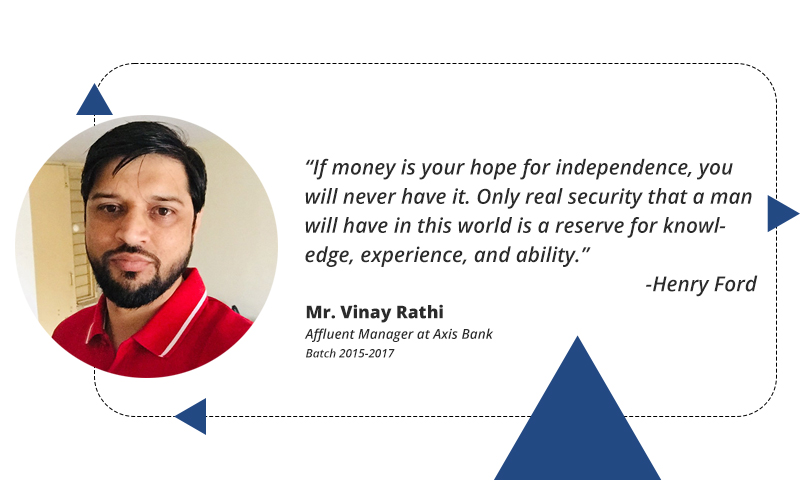
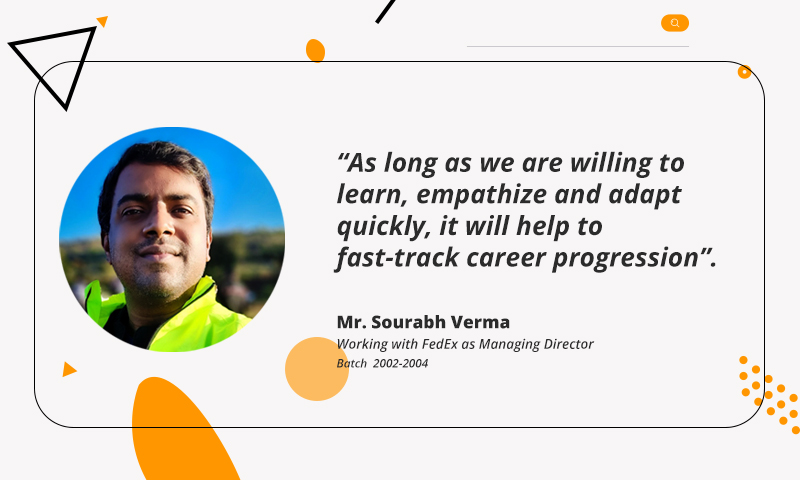
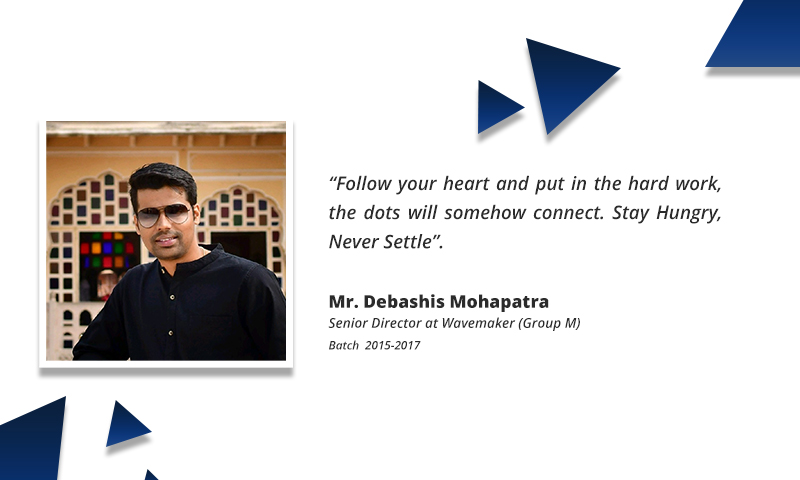
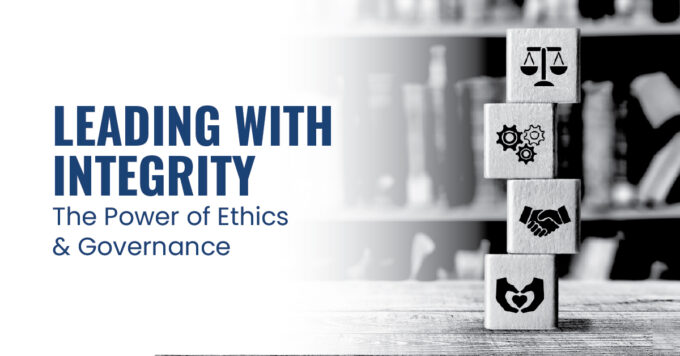
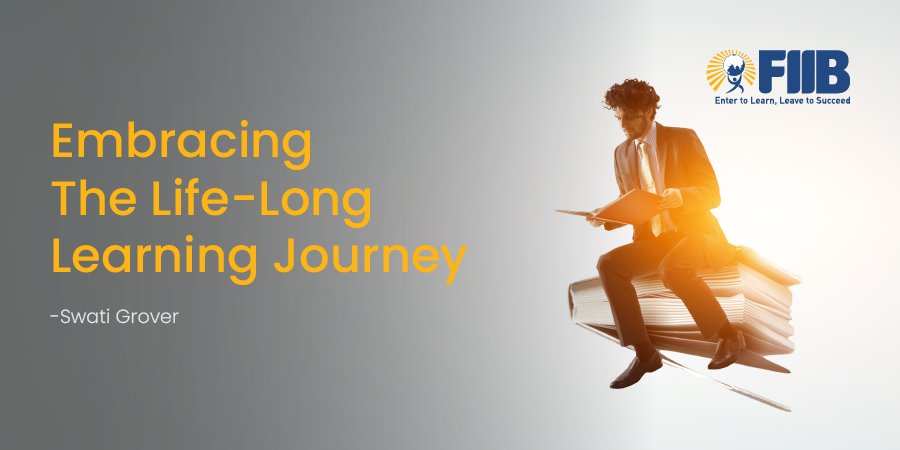
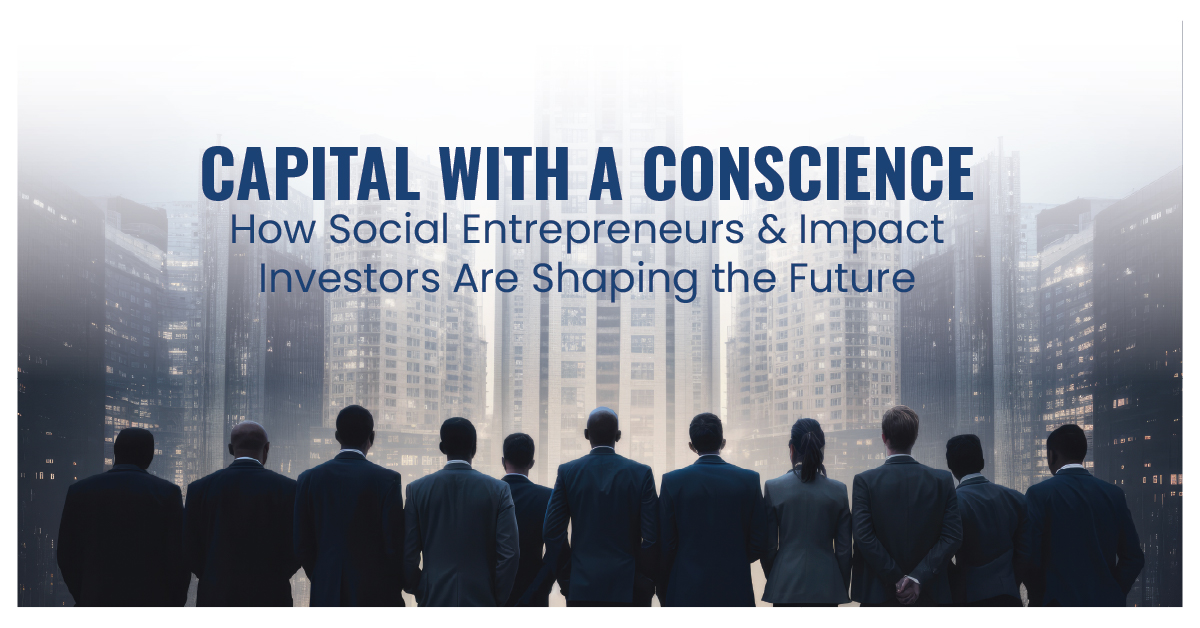
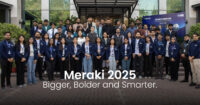
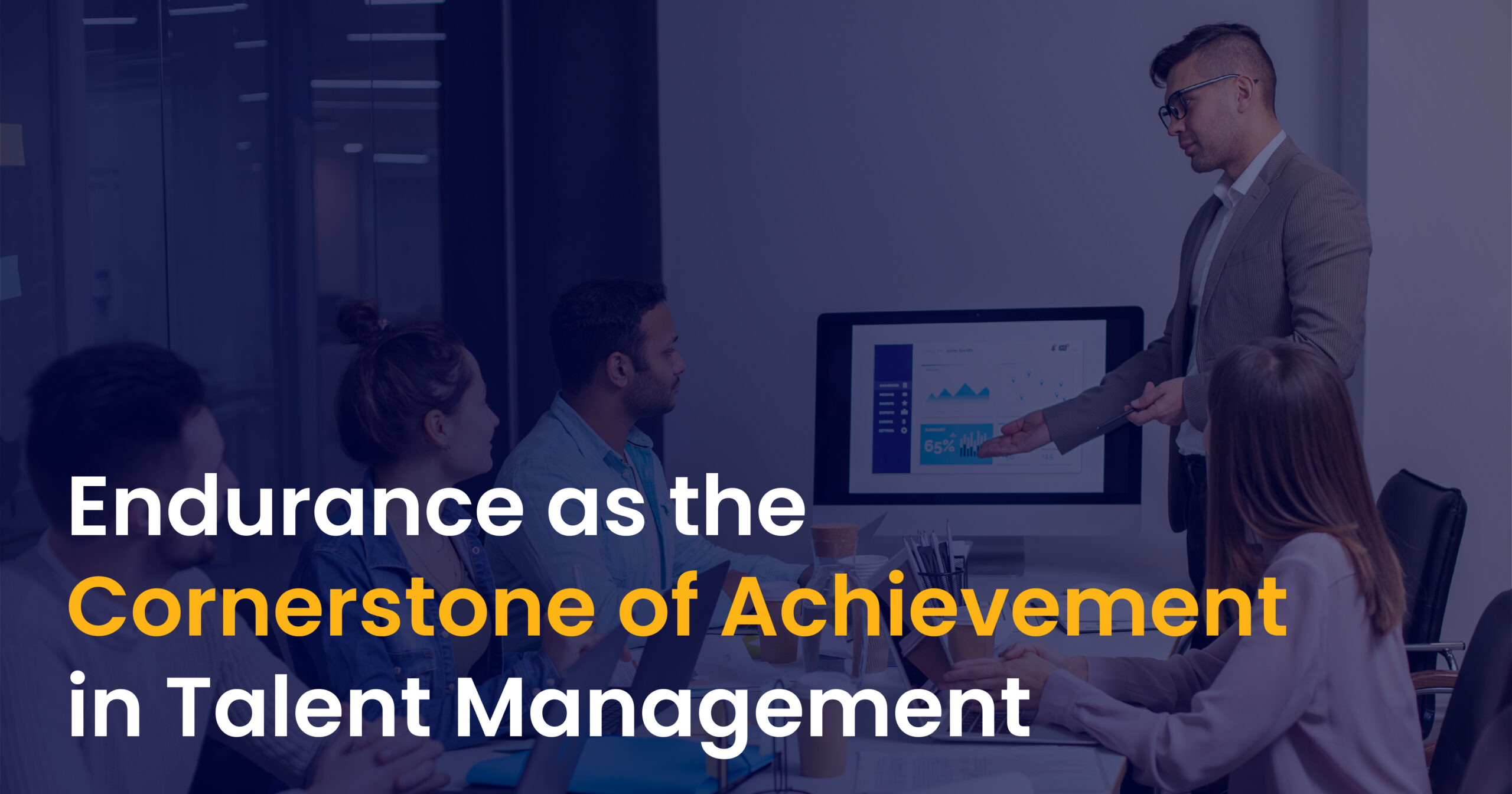

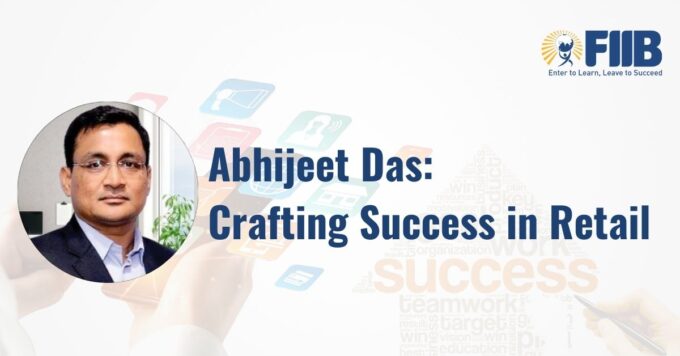
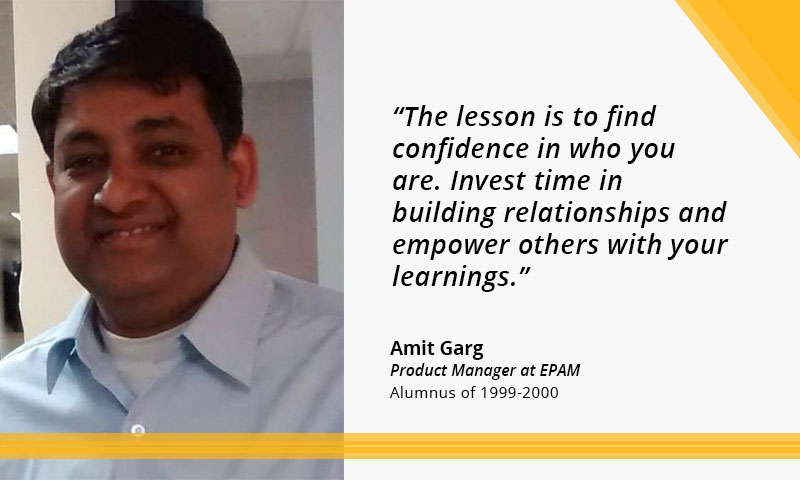


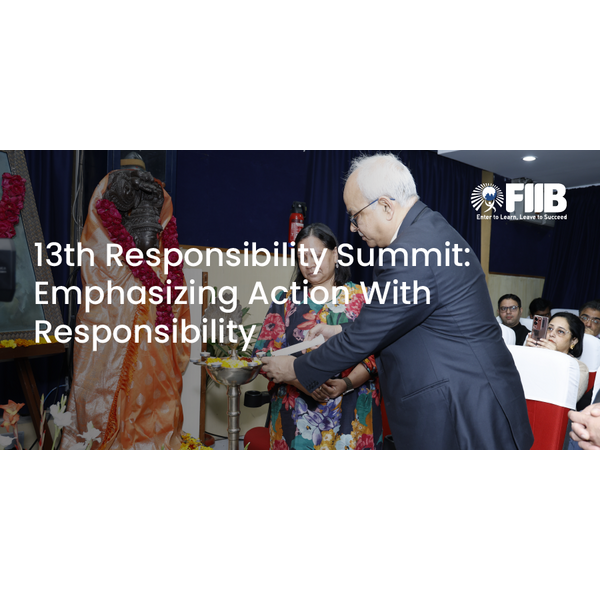

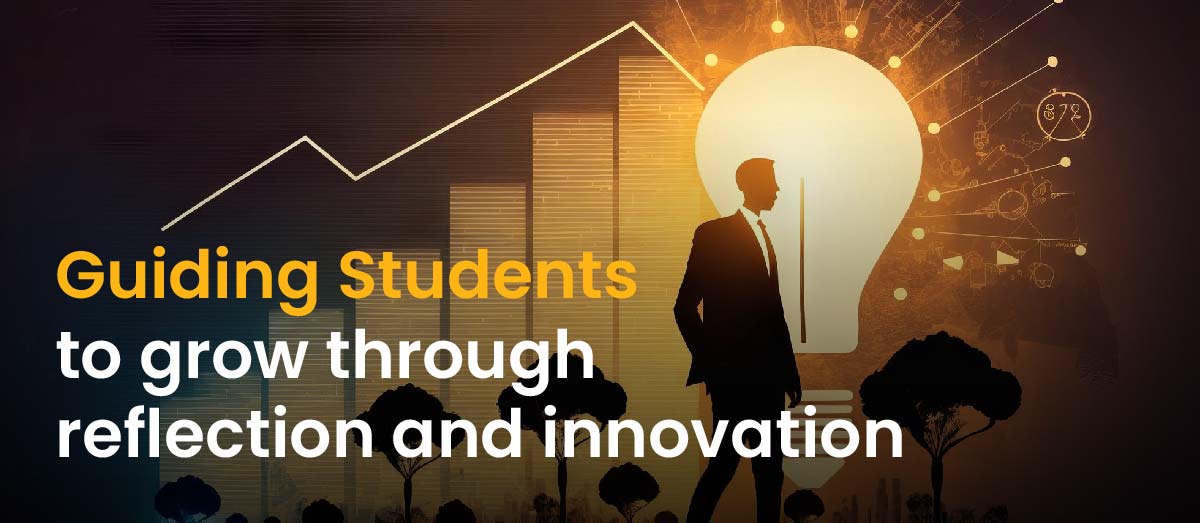
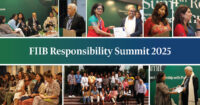
Leave a comment